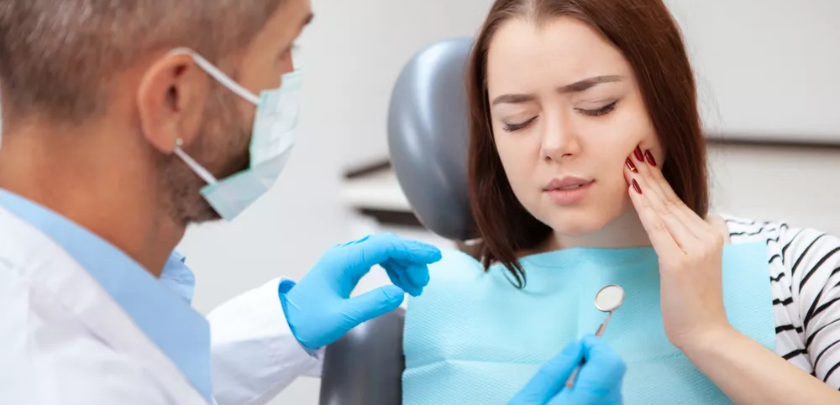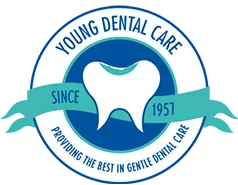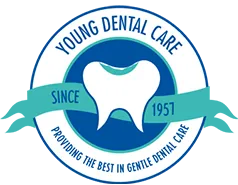Does The Tooth Pain Increase Days After Root Canal Treatment?
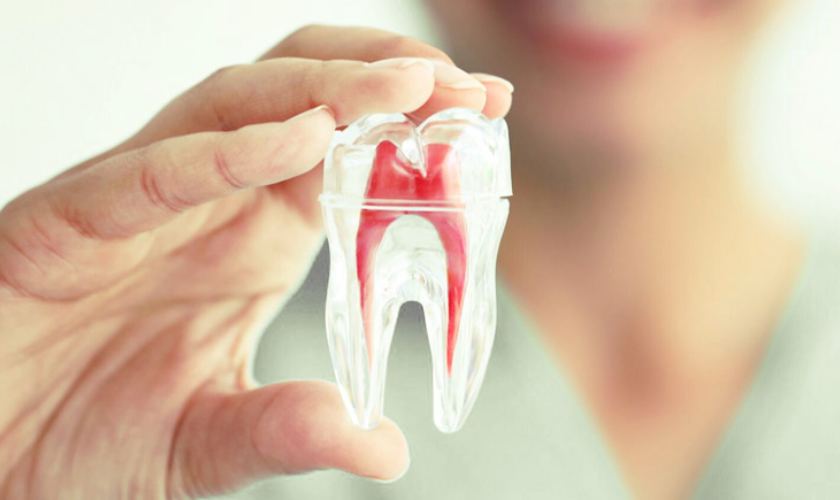
Root canal treatment is often pursued to alleviate pain and save a tooth that has become severely infected or decayed. However, patients commonly experience a variety of symptoms in the days following this procedure, and it is not unusual for some to report an increase in tooth pain. But why does this happen, and is it normal? In this blog, we will explore the reasons behind the pain after a root canal and what patients can expect during their recovery period.
Understanding Root Canal Treatment
A root canal is a dental procedure aimed at removing bacteria and dying or dead tissue from inside the tooth. This procedure is necessary when the pulp, the soft inner core of a tooth that contains blood vessels, nerves, and connective tissue, becomes inflamed or infected. The causes of this inflammation or infection can be deep decay, repeated dental procedures on the tooth, faulty crowns, or a crack or chip in the tooth.
During a root canal, the dentist or endodontist (a dentist specializing in such treatments) removes the inflamed or infected pulp, carefully cleans and shapes the inside of the root canal, then fills and seals the space to prevent re-infection. Afterward, the tooth is deadened, since the nerve tissue has been removed, but it is still functional.
Post-Root Canal Pain: What’s Normal?
It’s normal to experience some pain after a root canal as the body undergoes the natural healing process. This pain can vary from mild discomfort to moderate pain and usually subsides within a few days. Common symptoms include:
- Sensitivity: Particularly if the infection caused pain and swelling before the procedure.
- Mild to moderate pain: Often managed with over-the-counter pain relievers such as ibuprofen or acetaminophen.
- Tenderness in the jaw: From having your mouth open for an extended period during the procedure.
Why Might Pain Increase?
In some cases, patients report that their pain seems to increase in the days following the procedure. Several factors can contribute to this phenomenon:
- Inflammation: Although the source of the infection is cleared out, the tissues surrounding the tooth can remain swollen or inflamed as part of the body’s response to the surgical intervention.
- High filling: Sometimes the filling material can protrude slightly beyond the root, or the filling might be too high, affecting your bite. This can cause increased pain, which can usually be adjusted easily by your dentist.
- Infection: In rare cases, if any residual infection remains or if the sealing materials do not fully encapsulate the area, reinfection can occur, leading to increased pain.
- Cracked tooth: Cracks in the tooth that were not visible or fully diagnosed before the procedure may lead to pain after a root canal.
Managing Post-Root Canal Pain
Managing post-root canal pain is crucial for recovery and overall health. Here are some tips to manage discomfort:
- Follow your dentist’s advice: Adhere to any recommendations or prescriptions from your dentist, including taking prescribed antibiotics or pain relievers.
- Rest: Avoid chewing on the side of the treated tooth until it is fully restored with a permanent filling or crown.
- Good oral hygiene: Keep your mouth clean with gentle brushing and flossing.
- Avoid certain foods: Stay away from hard, crunchy, or sticky foods that might cause pain or damage the temporary filling.
When to Contact Your Dentist
While some degree of pain is normal, there are signs that might warrant a call to your dentist, including:
- Severe pain that does not improve with pain medication.
- Visible swelling inside or outside your mouth.
- An allergic reaction to the medication, including rashes, hives, or itching.
- The loss of the temporary filling or crown.
Pain after a root canal can sometimes increase in the days following the procedure, but this is generally part of the normal healing process. However, understanding what is normal and what is not can help you decide when it might be necessary to consult your dentist. With proper care and attention, a root canal should heal smoothly, allowing you to return to your daily activities without the burden of tooth pain.
Recent Posts
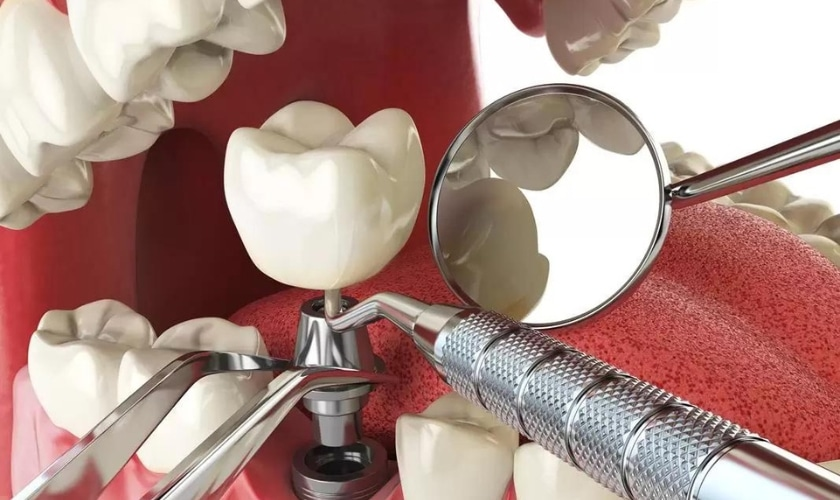
Why Is One Tooth Implant So Expensive

Does The Tooth Pain Increase Days After Root Canal Treatment?
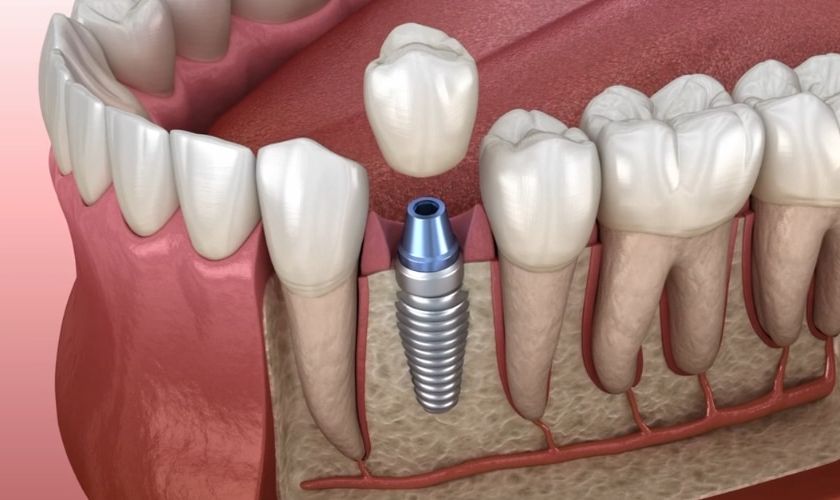
What Are The 3 Stages Of Dental Implant?
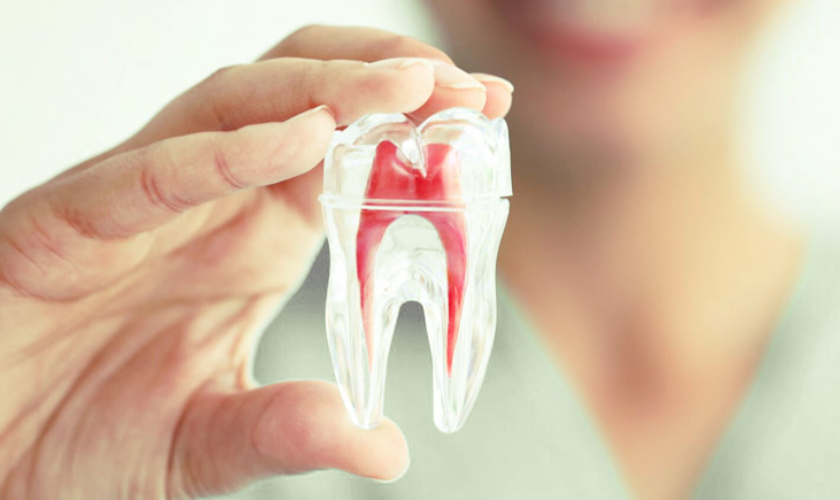
7 Common Signs You Need a Root Canal
